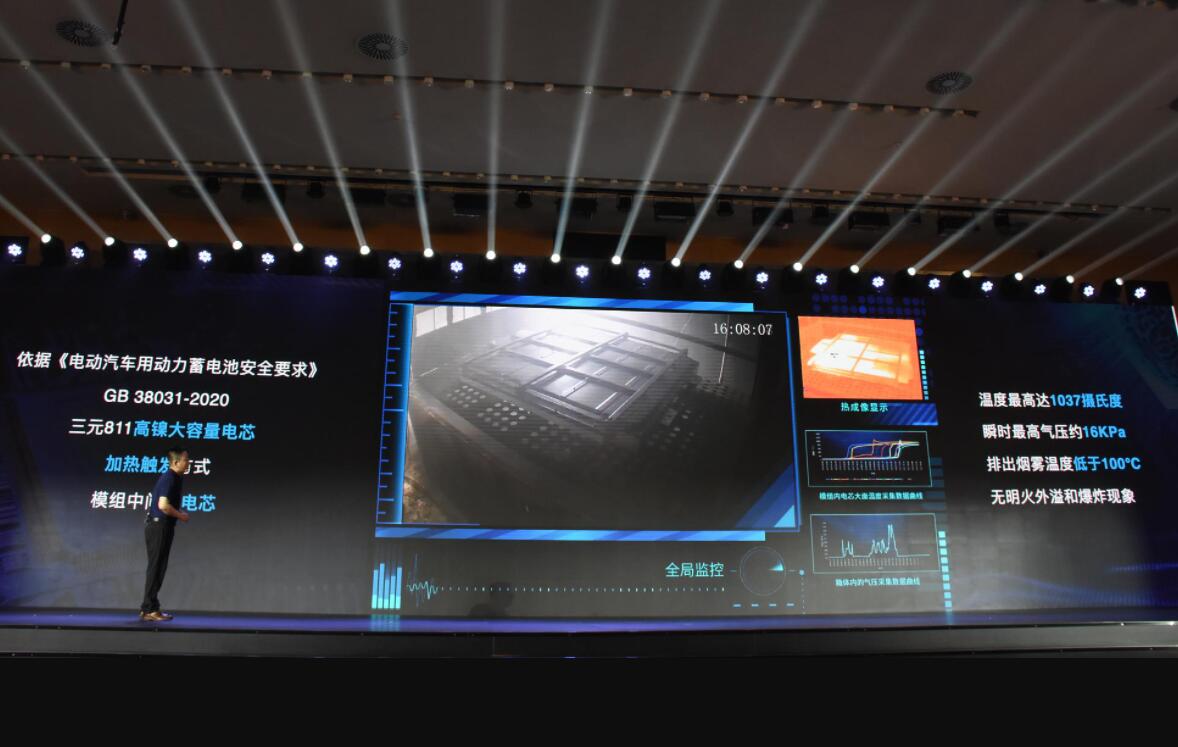
Charging spaces being taken up by fuel vehicles is a problem that bothers many electric vehicle (EV) owners. With a new regulation coming into effect in Beijing, this problem is expected to be alleviated in the city.
The new rule, which will take effect on July 1 from the Beijing Municipal Administration of Market Supervision, proposes that fuel cars that occupy EV parking spaces and EVs that have not left after charging is completed within a certain time may be charged extra at a stepped rate.
The regulation gives guidelines for the charges, saying that the maximum charge per unit of time will not exceed 150 percent of the current charge for a regular parking space.
Currently, in many public parking lots, fuel cars often occupy charging spaces when parking is tight.
Tesla currently has this well under control at its own charging stations, as it has been charging fines for failing to drive away in time after a full charge since 2016.
According to Tesla's policy, if a vehicle is fully charged but remains parked in a charging space, an overtime occupancy charge is incurred.
If the vehicle leaves the charging space within 5 minutes of the start of billing, it will not be charged for that timeout.
Overtime charges will only apply when there are less than or equal to 50 percent of available spaces at the supercharger station where the user is located, according to Tesla's description.
When there is no free space at the supercharger station, the user will be charged double the overtime occupancy fee of up to RMB 6.4 ($0.99) per minute, with no cap, according to Tesla.
The measure allows users to drive away promptly after a full charge and also allows Tesla's charging network to operate at a very high level of efficiency.
Back to Beijing's new regulations, it also requires parking lots to make clear public announcements about the fees, including the time period charged, the rate, the service unit's supervision phone number and the total number of spaces.
In unmanaged parking lots, operators should ensure that they can get in touch with service personnel in a timely manner when vehicle drivers have relevant needs, the regulation says.
In the parking service scenario, the necessary traditional service methods familiar to the elderly need to be retained, according to the regulation.
China has added 21,000 charging pile-related firms this year



